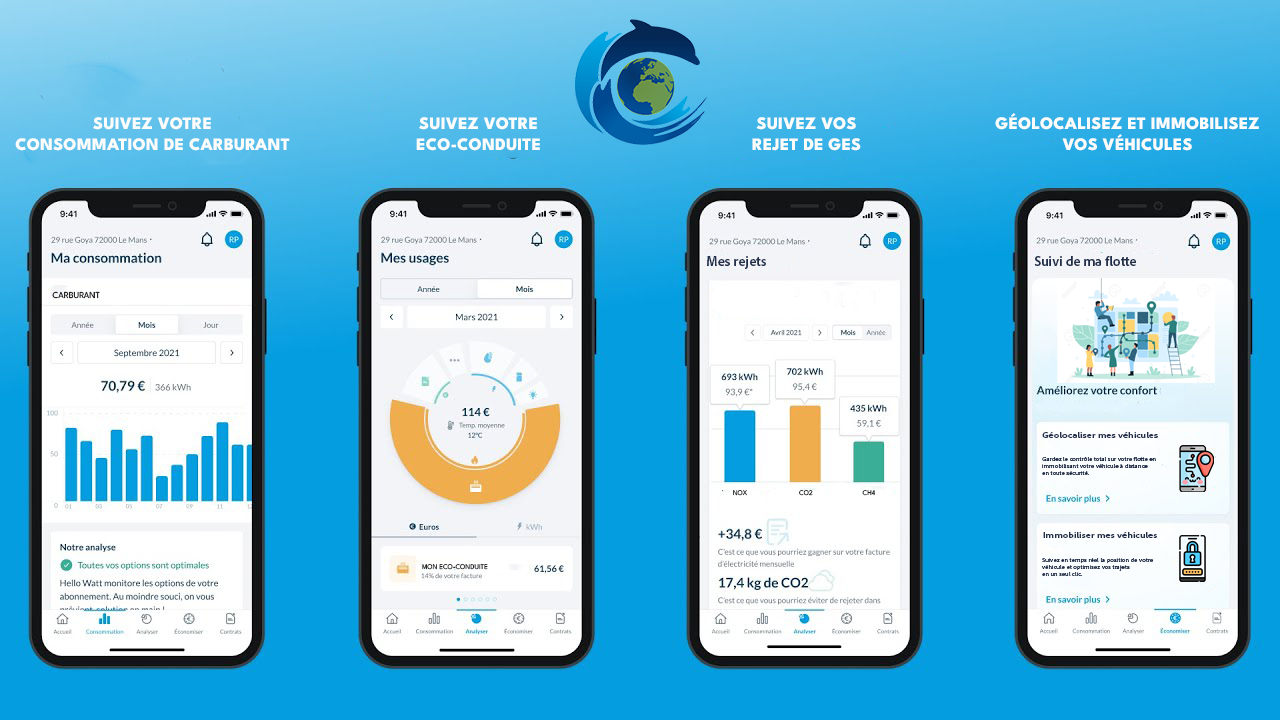Notre décarbonation moteur par hydrogène THD* pulsé par I.A à partir de 399€
Fumée noire, voyants allumés, trous à l’accélération… Dans plus de 75% des cas, le coupable est l’encrassement de votre moteur dû à la calamine.
Vos économies calculées en 2 min !
Estimez votre consommation et les gains réalisées grâce à notre générateur HybridOgen®.
Simulateur d'économies
Calculez vos économies réalisées avant et après notre intervention.
HybridOgen®
HybridOgen® est un générateur d’hydrogène embarqué et connecté qui ajuste en temps réel la
production, la quantité et l’injection d’hydrogène, sans stockage ni transport, produit à la
demande en fonction du régime moteur. Cela permet de maximiser l’efficacité de chaque cycle de
combustion et d’adapter la production d’hydrogène, que ce soit pour une conduite urbaine ou
autoroutière. Ce système innovant optimise la combustion des carburants en augmentant
l’efficacité énergétique du moteur, réduisant ainsi la consommation de carburant et les émissions
polluantes.
HybridOgen® utilise une technologie avancée de communication pour interagir avec le calculateur
du véhicule. Son fonctionnement instantané améliore les performances du moteur, réduit les
coûts d’exploitation, minimise l’immobilisation et prévient les pannes.
Ce système écologique et économique fonctionne à l’eau distillée (5L pour un parcours de 20 000
km) et utilise la batterie du véhicule 12V ou 24V. Son installation est rapide, ne prenant que 2
heures.
Notre technologie
Hydro Ecotech Developpement a conçu une station de décarbonation par injection d’hydrogène et une station de nettoyage de FAP pour professionnel dédiée aux poids lourds et aux moteurs industriels allant jusqu’à 60 litres de cylindrée.
Il s’agit d’une innovation breveté et exclusive, nous avons étudié ce procédé (exploité et modifié). Nous avons augmenté la puisance et la capacité des turbines centrifuges. Nous avons recalculé les différentes puissances en litre de cylindrée et M3. 4 ans de travail et recherche et de développement ont été nécessaires.
Notre technologie nous a permis de créer un procédé pour le monde industriel et les environnements difficiles.
Révolutionnaire et performant
Innovant
Ecologique
Economique
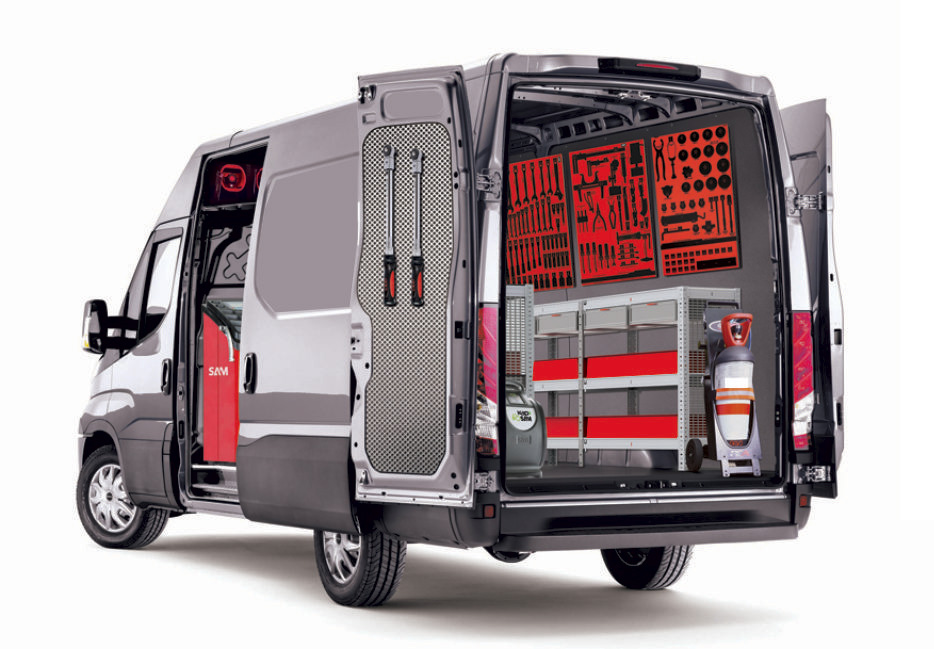
*Offre exceptionnelle à 99 € HT sur la 1ère intervention
Nous nous déplaçons sur votre site pour décarboniser votre véhicule avec notre camion atelier !
La calamine et les causes
Pollution
Lorsque vous utilisez votre véhicule, il laisse des dépôts d’oxydation noirâtres (calamine) déposés dans des endroits stratégiques du moteur sur les parois de l’échappement.
Encrassement moteur
L’encrassement du moteur est essentiellement dû aux conditions de circulations d’aujourd’hui, avec les démarrages fréquents, avec la chaleur environnante elle ce cristallise pour former de la suie et des dépôts charbonneux, les démarrages fréquents, limitations de vitesse, la qualité des carburants, et les conduites à bas régime, des arrêts fréquents.
Les symptômes d’un moteur encrassé sont le plus souvent : la perte de puissance, un ralenti irrégulier, fumée excessive, surconsommation, allumage intempestif du voyant gestion moteur etc.
Quels sont les symptômes ?
–>Démarrage difficile
–>Voyant éclairé au tableau de bord
–>Troue à l’accélération
–>Petit trajet et arrêt fréquent
–>Baisse de performance
–>Passage en mode dégradé en moins de 3000 tours minute
Tous ses symptômes empêchent le moteur de fonctionner correctement, le pénalise fortement et lui faire perdre sa longétivité.
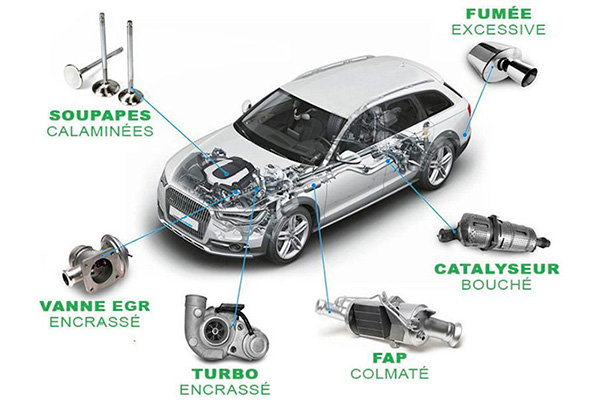

RÉSULTATS DES EXPÉRIENCES DE LA NASA AVEC L’HYDROGÈNE
Comment fonctionne
la décarbonation ?
La décarbonation par l’hydrogène
L’opération consiste à injecter de l’hydrogène par l’admission d’air du moteur, provoquant de mini implosions qui décalaminent en profondeur, sans démontage et sans additif chimique ou corrosif, afin d’éliminer efficacement la calamine.
Ce procédé est totalement sécurisé et ne présente aucun risque d’explosion, l’hydrogène étant consommé instantanément sans stockage.
Le parcours de l’hydrogène assure la régénération complète de toutes les pièces du moteur (FAP, turbo, tête des injecteurs, soupapes, cylindres, etc.). Grâce à une puissance de 5600 W, notre technologie permet de traiter aussi bien les parties chaudes que froides du moteur, sur des cylindrées allant jusqu’à 60 000 cm³.
Nos champs d’actions
*Vidéo réalisée par caméra thermique infrarouge thermographique 1200°c
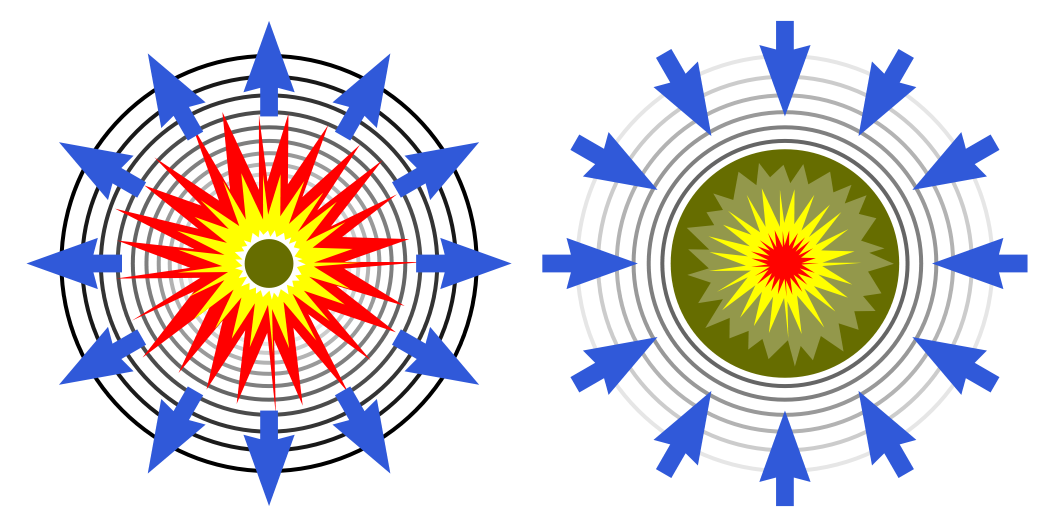
Explosion / *Implosion

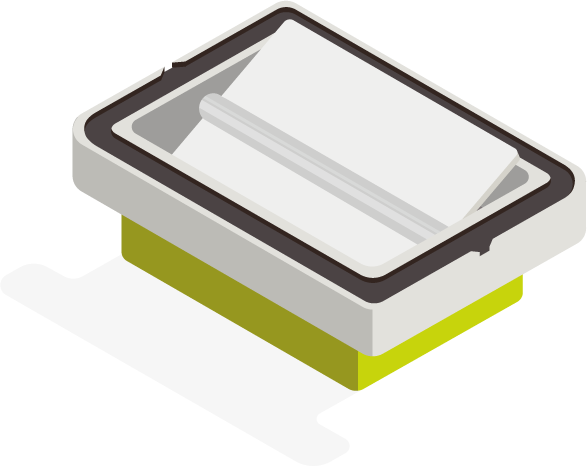
FAP
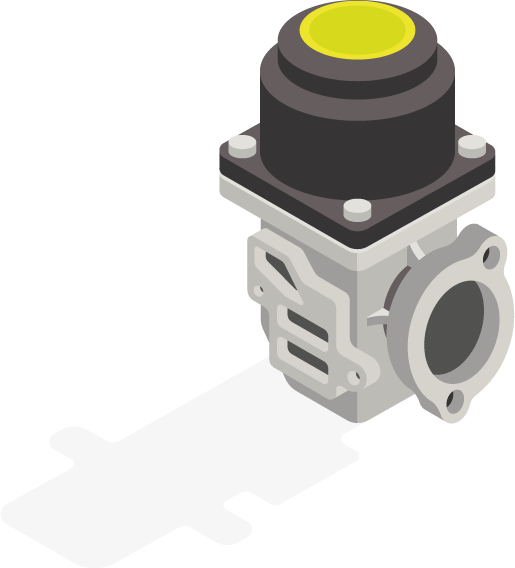
Vanne EGR
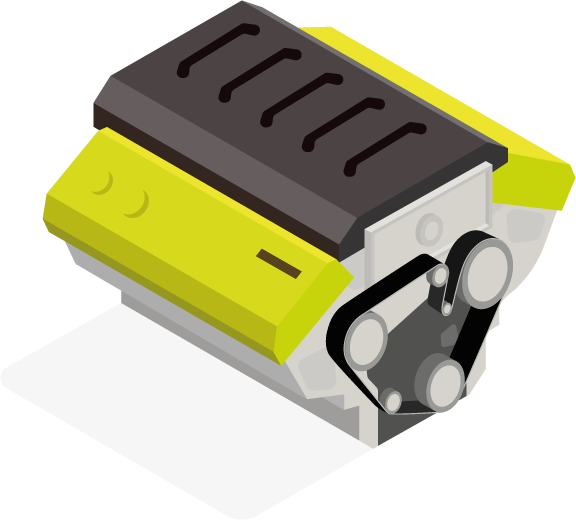
Moteur

Turbo

Pourquoi décarboner
votre véhicule ?
Si la calamine n’est pas éliminée régulièrement, la consommation de carburant augmente et les pièces s’encrassent, ce qui empêche le moteur de fonctionner et de respirer correctement, une étude montre que 75% des pannes sont liées à l’encrassement.
Un nettoyage du moteur en profondeur est donc une alternative primordiale pour éviter le remplacement des pièces mécaniques onéreuses et permet la baisse de consommation exorbitante de carburant. Un moteur non dépollué provoquerait dans le temps une immobilisation du véhicule et coûts extrêmement élevés de remplacement des pièces
Résultats & Gains

Pollution
FAP
Turbo
Soupapes
Puissance
Retrouvez vos performances d’origine moteur jusqu’à + 65%
Pollution
En baisse de -30% à -65% des émissions nocives et C02
Économies
Fini les réparations et immobilisations coûteuses. -50% de consommation d’AD BLUE
Consommation
Entre -20% et –40%
( GARANTIS ) par plein de carburant.
Eco-conduite -8%
Additifs -10%
Bilan carbone certifié
Atteignez vos objectifs de décarbonation avec un bilan carbone certifié qui vous permettra d’obtenir des crédits carbone Co2
d’économies de carburant minimum par plein
Technologie brevetée et certifiée par le Ministère des Transports et les bureaux Veritas



